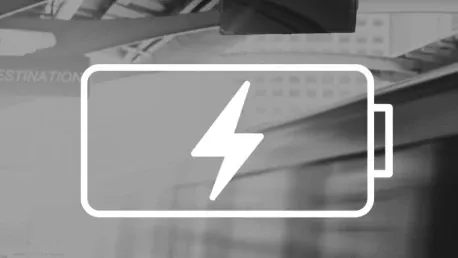Harmony Energy Income Trust (HEIT) is poised to receive offers for its UK-based battery storage assets by the end of September, marking a significant step for the company as it navigates a challenging financial and operational landscape. The UK-based battery energy storage system (BESS) investor conveyed this expectation in a recent update for the period ending July 31, 2024, driven by the belief that its stock remains undervalued.
HEIT’s portfolio includes notable BESS projects like Pillswood and Bumpers, each boasting a capacity of 98MW/196MWh. Collectively, the portfolio holds a total capacity of 395.4MW/790MWh. Despite some of these assets being operational, the entity’s Net Asset Value (NAV) saw a slight dip from £218.53 million to £215.43 million. A negative mark-to-market valuation of an interest rate swap primarily influenced this reduction, tempered somewhat by the activation of the 35MW/70MWh Rusholme project in Yorkshire during this period.
The financial performance of such assets in the UK has recently encountered headwinds due to market saturation in ancillary services, leading to revenue pressures. HEIT, alongside peers like Gresham House Energy Storage Fund and Gore Street Capital, has felt the impact. The company believes these difficult market conditions have reached their peak and anticipates improvement as it gears up to commission three new revenue-generating assets.
In the July period, HEIT reported an average revenue of £45.3k/MW/year. This figure was adversely affected by low wind generation and lower-than-expected wind production on the GB grid. Additionally, reduced gas and carbon prices contributed to decreased wholesale price spreads, while increased competition in ancillary services further drove down prices.
Despite these hurdles, the outlook remains positive. HEIT has welcomed the Labour government’s renewed focus on renewable energy and took note of the National Grid ESO’s Future Energy Scenarios (FES) 2024 document, which underscores the continued need for BESS buildout to ensure grid stability.
August has already shown signs of improvement, with better revenue performance averaging £67.2k/MW/year thanks to higher levels of solar PV and wind generation.
Other companies in the BESS market are also making strides. Jupiter Power has recently begun operating a large-scale BESS project in Houston, Texas, while EDF Renewables plans to bring 300MW of battery storage online in the UK within the next year. These developments highlight a growing trend in deploying battery storage solutions to support renewable energy integration and grid reliability.
In summary, the primary focus remains on HEIT’s financial and operational status amidst a challenging market. However, there is cautious optimism for future improvements fueled by policy support and increased renewable energy production, despite recent financial setbacks.









